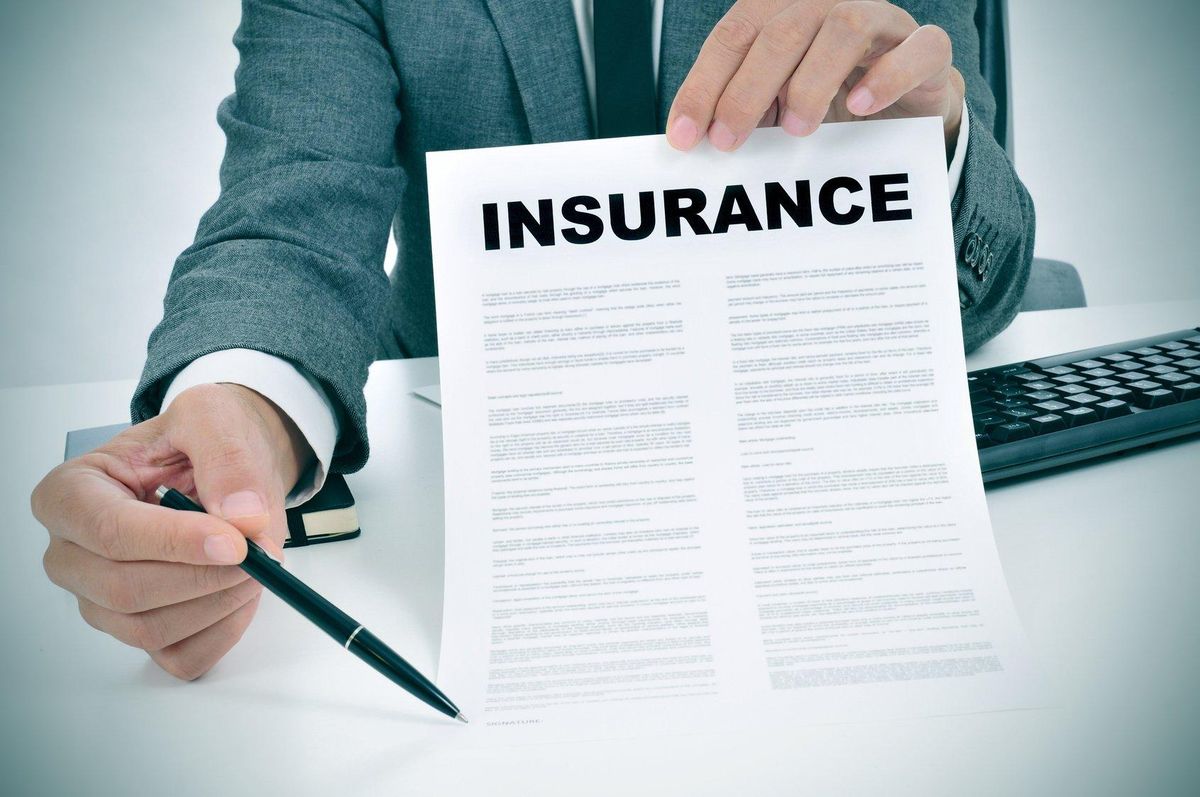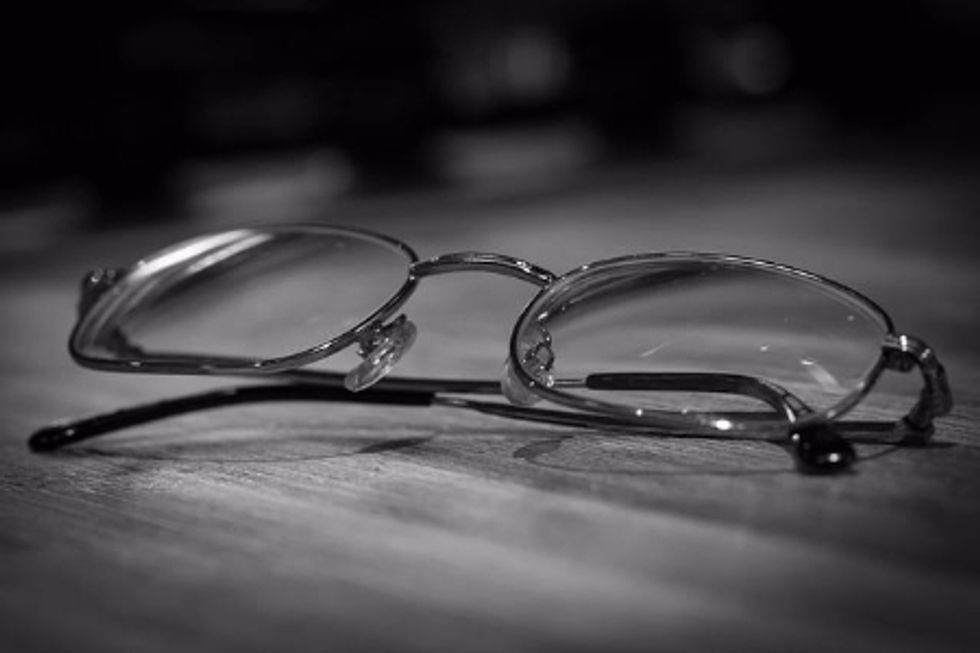
Self-Employed? Skip Vision and Dental Insurance
One of the biggest challenges I face as someone who is self-employed is figuring out what to do about my personal insurance coverage.
For years, I’ve essentially created my own benefits package, with a special emphasis on health insurance. However, health insurance shouldn't be the only consideration if you’re looking for self-employed coverage. It’s tempting to spring for vision and dental insurance policies--even though they might not offer you the best deal.
Why You Should Reconsider Vision and Dental Insurance
When I worked for “the man,” I paid for vision and dental insurance. Because these plans were subsidized by my employer, the premiums were reasonable for the coverage I received. After I started working for myself, things changed. I checked into plans, and the premiums and co-pays didn’t match my needs. Adequate insurance is a must for any business owner who doesn’t want to fail due to financial mistakes, but vision and dental may not be worth the cost if you are paying for them on your own.
There are circumstances in which having vision and dental insurance makes sense if you’re self-employed, but that’s usually the case if you have a lot of needs, or if you have children to consider. In my case, my ex-husband teaches at a prestigious university and enjoys a great benefits package. As a result, my son's glasses and dental needs are covered under that insurance. For myself, though, it’s cheaper for me to pay out of pocket for my vision and dental needs.
[caption id="attachment_102750" align="alignnone" width="450"]
Tips to Save Money on Vision and Dental
If you don’t pay for vision and dental insurance, you’ll need to make sure that you are ready to cover the costs yourself.
One of the best things you can do is make purchases online when you can. It’s possible to buy glasses online, and you can even order your contact lenses online too and save money. Note: You will need a prescription from an eye doctor in order to fill your order.
Saving on dental costs can be a little more involved. However, there are dental providers that charge lower fees using need-based sliding scales to determine how much you will pay. Two viable ways to spend less money for your dental care needs include participating in medical studies or having your dental work done by students in training.
Finally, consider asking for a cash discount. I used to see a dentist who offered a 15 percent discount to those without insurance who paid at the time of service. This can work for a number of health-care providers, many of whom may knock off anywhere between 5 percent and 20 percent of the cost if you pay upfront.
Evaluate Your Needs
Before you decide to get vision and dental insurance coverage, evaluate your needs. I don’t have any chronic conditions, and I’ve never had a cavity. Annual exams for my eyes and teeth, plus the purchase of contact lenses every year, and a pair of glasses every two years, make it easy to get rid of the coverage.
If you don’t have a spouse or an ex-spouse whose work can subsidize the insurance, run the numbers to see if getting insurance makes sense. My son will likely need braces, so if he wasn’t on my ex-husband’s dental insurance (with the orthodontic rider), I’d reconsider, although after running the numbers, there’s a good chance I’m better off saving up or using a payment plan.
You can also see if using a health savings account could help you save up enough to cover out-of-pocket expenses so you don’t need vision and dental insurance coverage.
With the right approach, you can decide whether or not having vision and dental insurance make sense for you as a self-employed business owner.



